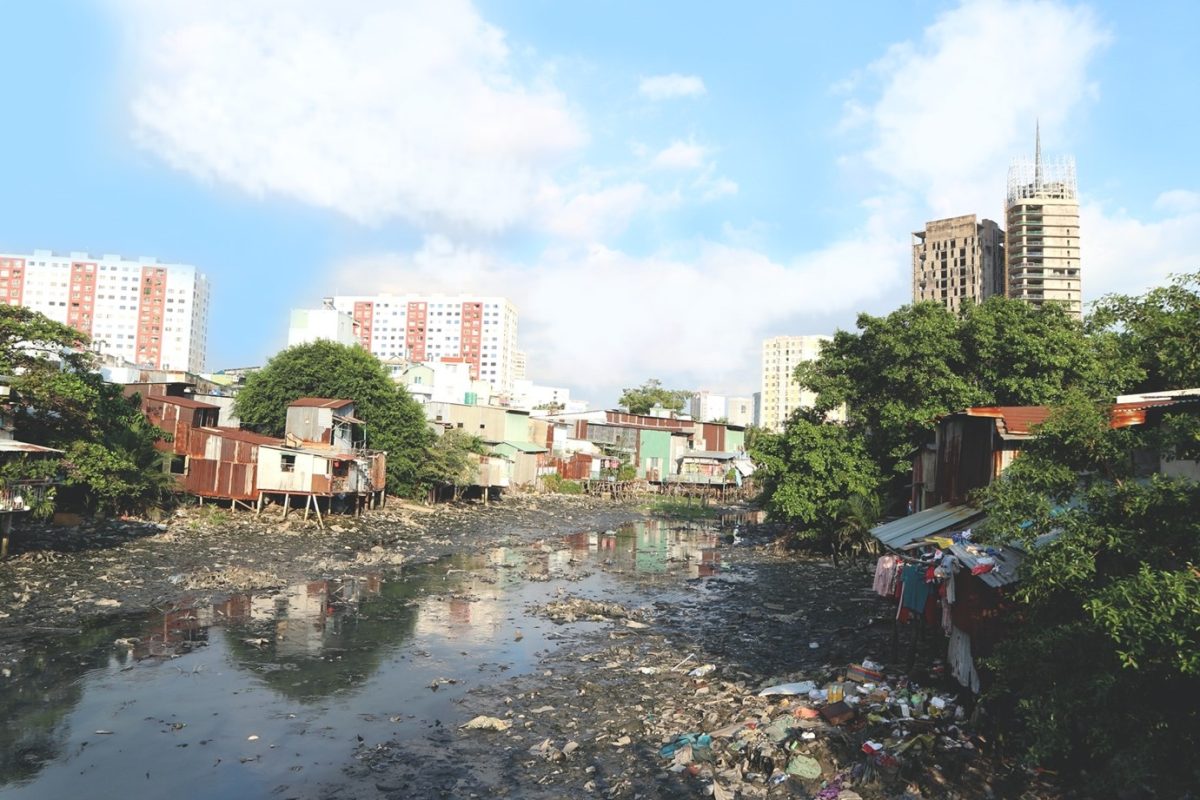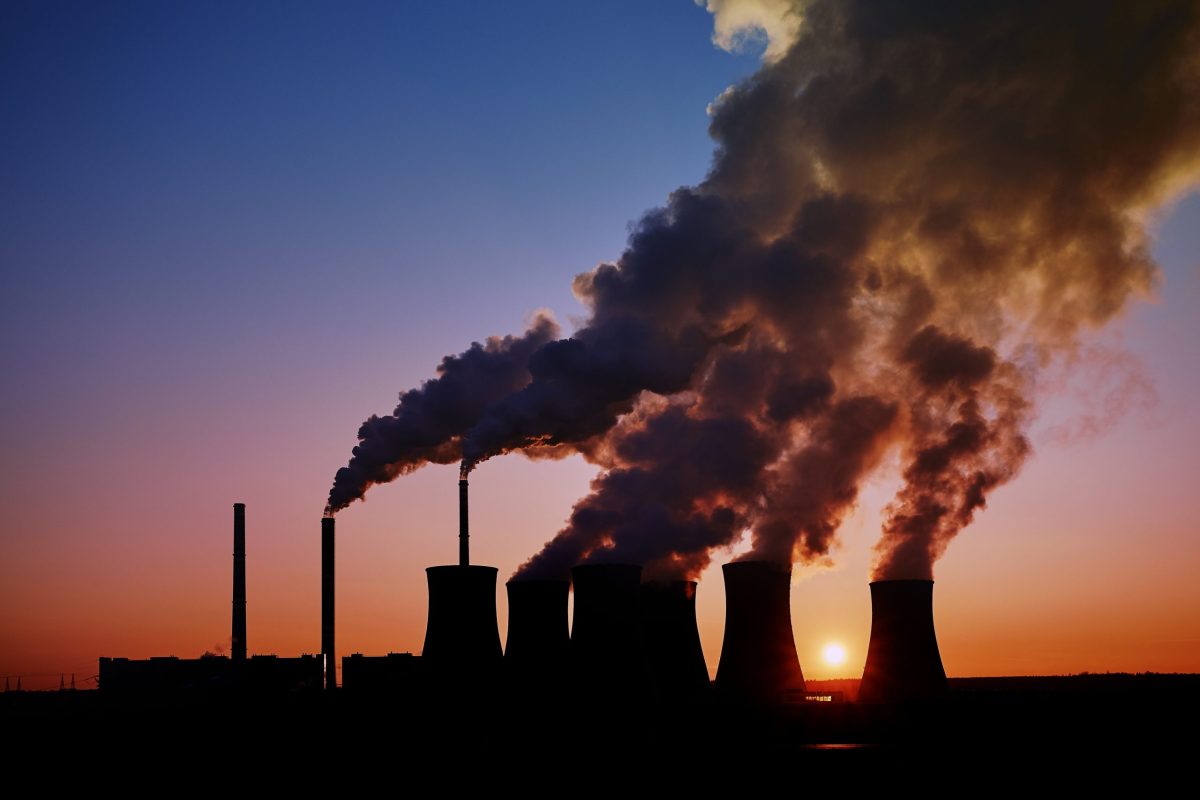There is no denying that pollution is a worldwide problem. Pollution is typically the introduction of toxic and harmful substances into the air, water, soil, or food, which can negatively impact human, animal, or plant life.
Pollution can be manmade or a result of natural causes. Here, we will explore the most common types of pollution and their causes.
- Air Pollution– Air pollution is the release of harmful substances like toxic gases, chemicals, and biological molecules into the air. This type of pollution can lead to certain illnesses, ozone depletion, and worse, global warming if left unattended.
- Water Pollution– This type of pollution occurs when dangerous foreign substances from land and pollutants from the air are introduced into the water. These can be things like agricultural runoff, metals like mercury, air depositions, chemicals, sewage, and more.
- Soil Pollution– This is another common type of pollution when man-made substances and chemicals are introduced into the soil and alter its natural composition. This pollution degrades the land and can harm both animal and plant life.
- Light Pollution– When you think of light pollution, what should come to mind is artificial lighting. Although not a significant type of pollution, it is still considered harmful to the environment.
- Noise Pollution– This is man-made pollution that involves the production of excessive noise that is detrimental to human health and can negatively affect the surrounding. It includes construction noises, transportation noises, industry noises, and more.
- Radioactive Pollution– While radioactive material can be used to generate electricity, it can release radiation and toxic chemical into the environment. If not controlled, radioactive waste can pollute the environment.
- Thermal Pollution– When abnormal temperatures are introduced into the ecosystem, they are more likely to have adverse effects. A factory can dispose of warm water into a river and this can be harmful to fish life.
- Littering– Any type of litter is waste that must be properly disposed of. However, improper disposal can lead to pollution.
How to Reduce Pollution
To help curb the issue of pollution, it would help to know how to prevent it. Prevention means identifying and addressing the issue of pollution before it occurs. After prevention, what follows is cleanup to help reduce pollution.
This can include recycling, using renewable energy sources, sewage treatment, using catalyst converters in car exhausts, and more. Nevertheless, it is worth noting that cleanup is only a temporary solution for areas where pollution has already occurred. Also, some cleanup methods may not be effective as they may potentially lead to more pollution.


